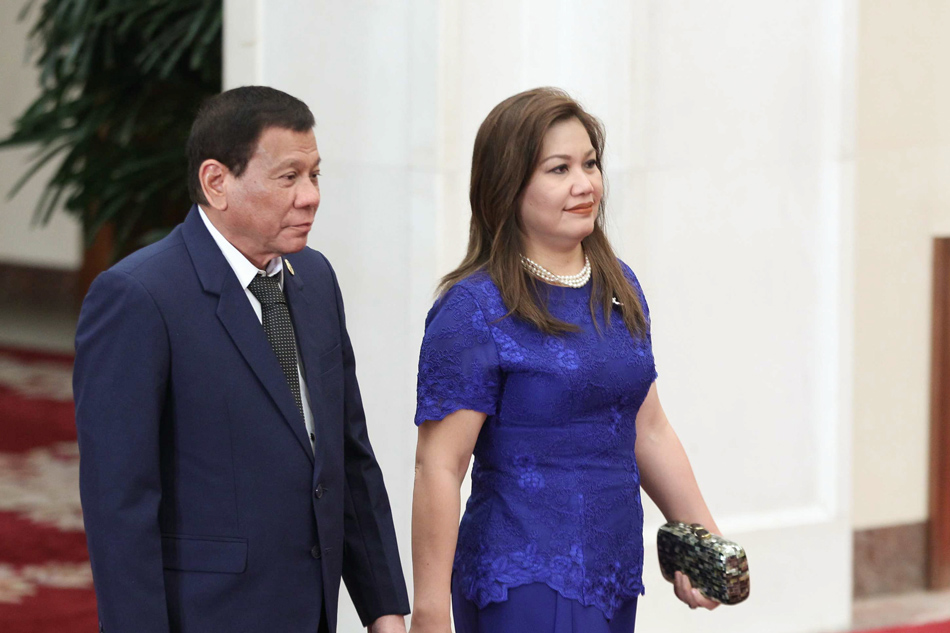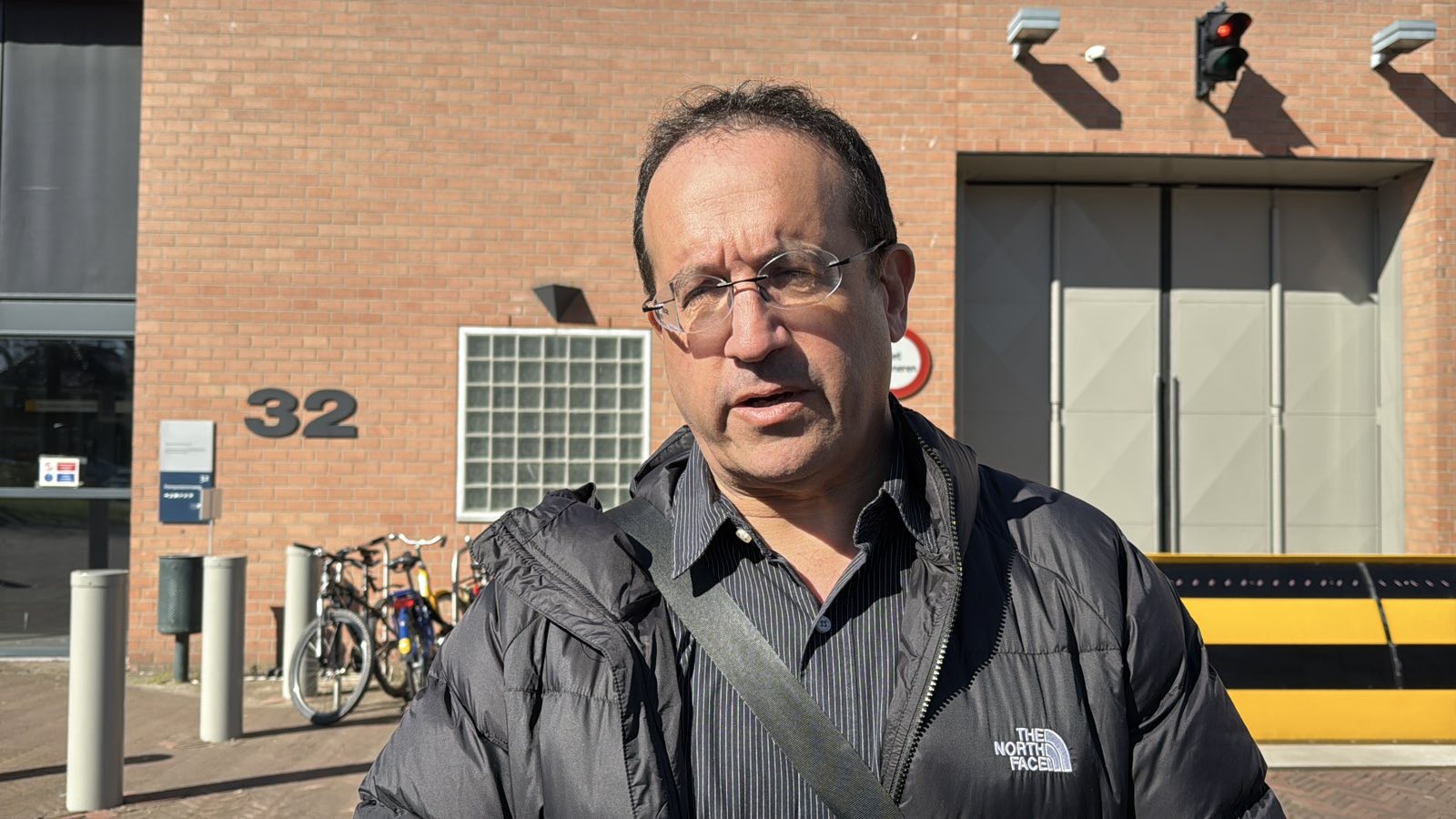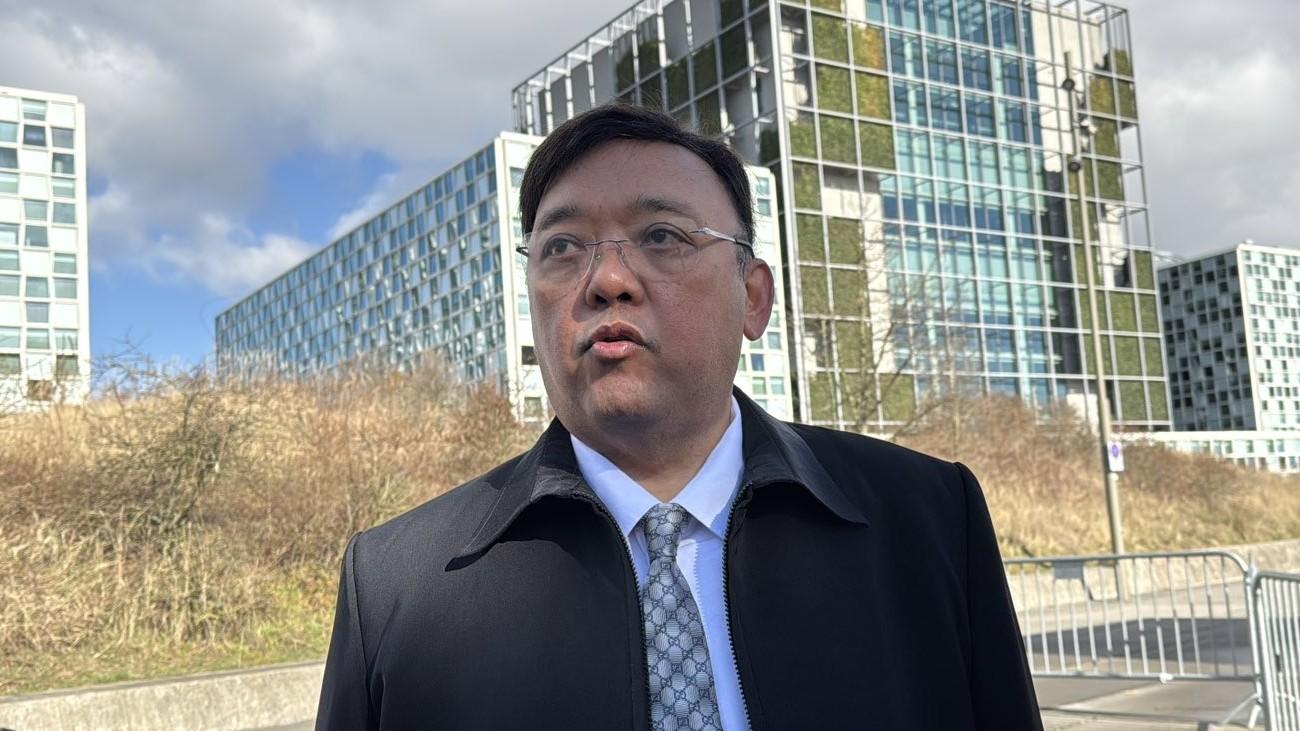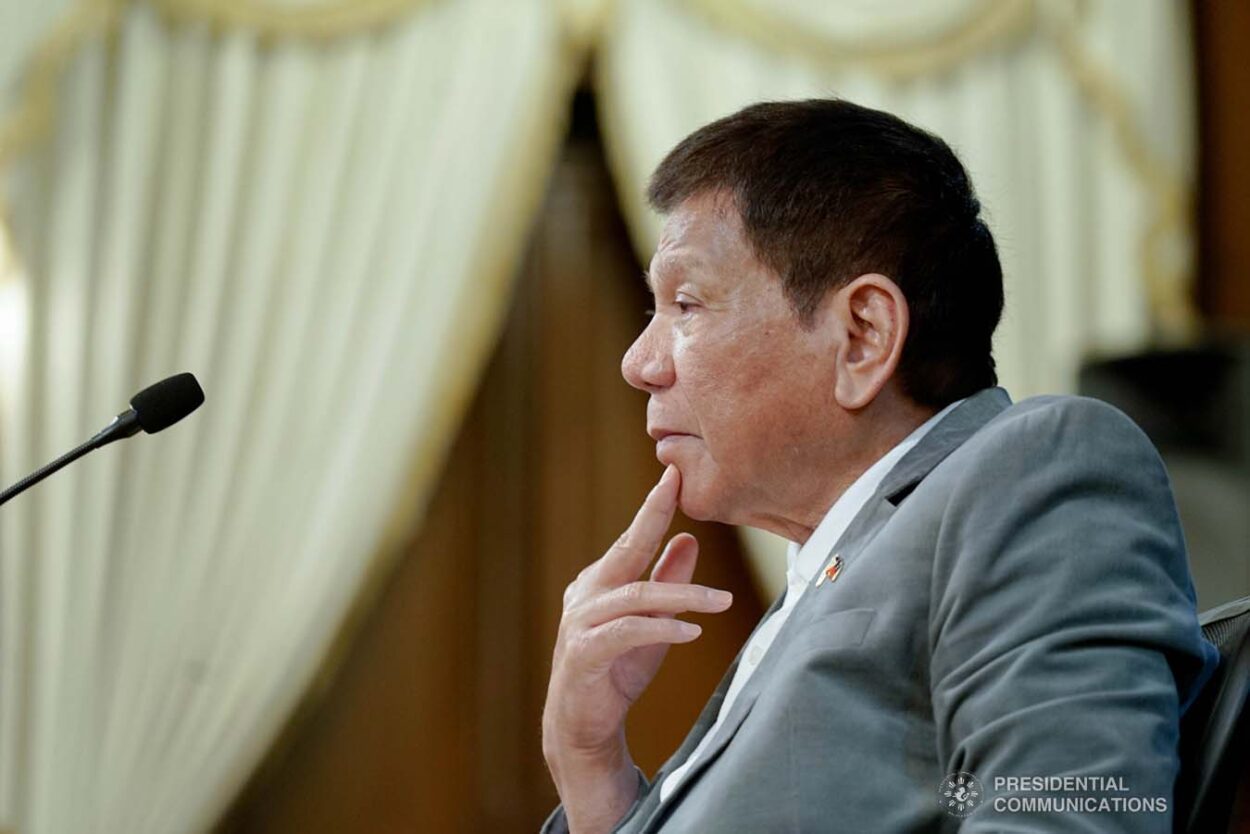Former Philippine President Rodrigo Duterte is pursuing interim release from custody at the International Criminal Court (ICC), even as his legal team faces public cracks—and his partner has been barred from visiting him.
Since his arrest on March 11, 2025, at Manila’s Ninoy Aquino International Airport, Duterte has been detained in The Hague under 43 charges of crimes against humanity tied to his war on drugs. His interim release plea, filed in June, cites advanced age (80), fragile health, and assurances against flight risk. Prosecutor Karim Khan is reportedly neutral toward the request, though victims’ groups oppose it. The court has yet to decide.
Duterte remains politically active despite detention: he was re-elected mayor of Davao City in May’s 2025 midterms, and his political party continues to hold significant influence in Mindanao.

In a recent blow, Duterte’s longtime partner Honeylet Avanceña was barred from visiting him at the ICC detention center. The ban was reportedly triggered by an incident during a monitored phone call on July 19, which allegedly violated visitation protocol. Avanceña has denied wrongdoing and criticized Duterte’s legal team for withholding key strategic details. “Please do not deprive us of seeking other legal opinions,” she said.
From all accounts, the ICC has not issued a formal explanation, citing privacy and security protocols.

Adding to internal strain, former presidential spokesperson Harry Roque publicly responded to criticisms from lead counsel Nicholas Kaufman, who described Roque as an “irrelevancy” to Duterte’s defense strategy. Kaufman dismissed Roque’s recent initiatives—particularly his proposal to seek a domestic legal remedy or actions against Dutch authorities—as a “crazy scheme” and affirmed that Duterte had no intention of relying on Roque for ICC dealings.

Roque fired back with frustration, asking pointedly: “Why me?” He clarified that all steps he took were motivated by loyalty and concern for Duterte, and that he did not seek to undermine ICC proceedings. He further accused critics of a character-assassination campaign.
With tension rising, all eyes are on the upcoming confirmation of charges hearing scheduled for September 23, 2025. If judges find sufficient evidence, the case will move to full trial. Key factors include:
- The outcome of Duterte’s interim release request.
- Ongoing friction between Duterte’s private supporters and legal team, particularly over visitation rights and disputes involving Roque.
- Whether the barred visit and internal fractures influence the court’s perception of the defense’s cohesion and strategy.
Despite internal disagreements, Kaufman asserts that there is no formal rift: “There are absolutely no internal disagreements … Harry Roque is an irrelevancy and my only regret is that I am being forced to spend far too much time having to deal with his comical intrigues.”
As Duterte awaits his fate, the ICC case increasingly reflects not just legal proceedings, but a personal and political drama—with visitation rights, legal credibility, and internal alliances all at play. The international legal community, Philippine public, and Duterte’s own political base remain watchful as the case unfolds in the weeks ahead.







